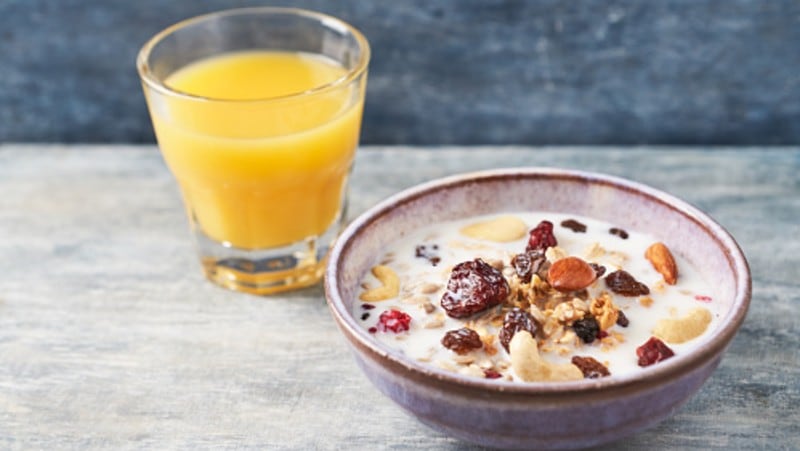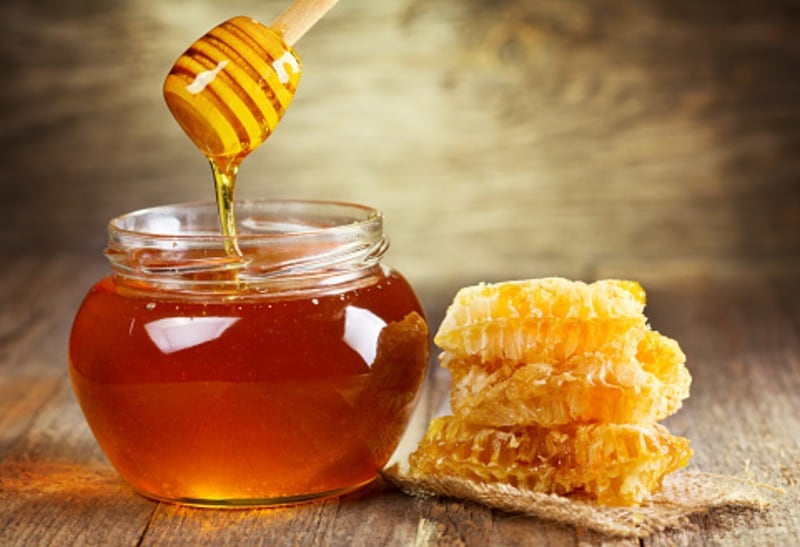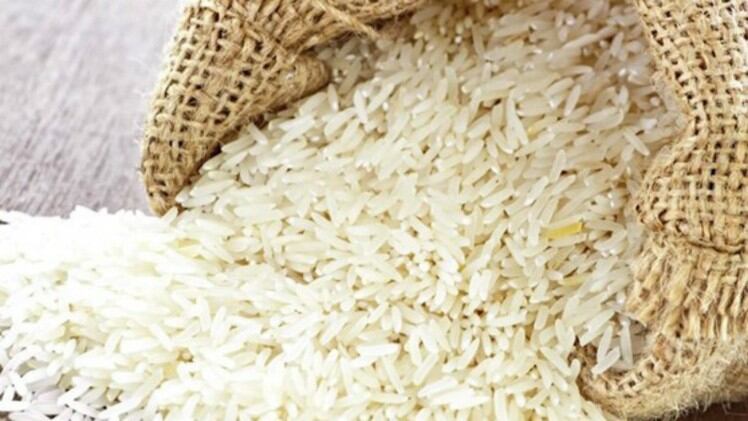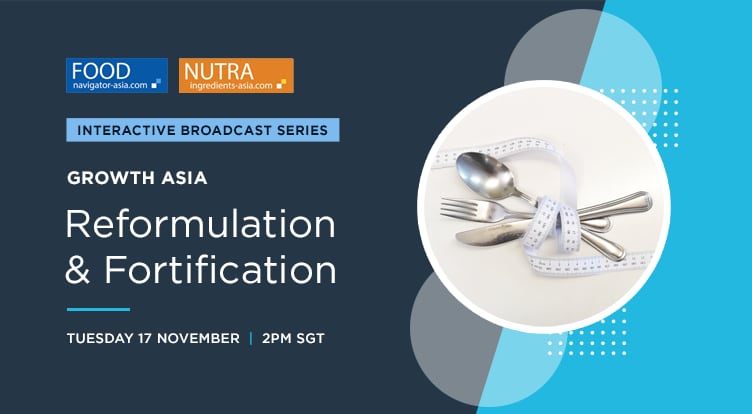FSSAI recently released fortification standards for food firms producing cereal products, bakery products and fruit juices to adhere to when fortifying their products with nutrients ranging from vitamins to various minerals, but the agency has also stated that these will be the last processed items to get such standards for some time.
“FSSAI is not looking at any other processed foods at present [for which to] make standards for food businesses to follow in case these want to fortify their products in these categories,” FSSAI Food Fortification Resource Centre (FFRC) Director Inoshi Sharma told FoodNavigator-Asia.
“All standards for processed foods fall under the Food Safety and Standards (Fortification of Foods) First Amendment Regulations, 2020, [and in future] if more processed foods come to be under consideration for fortification again, these will likely fall under this particular regulation too.”
Under the new standards, cereal products including breakfast cereals, pasta and noodles as well as bakery goods including bread, biscuits, rusks and buns have the major specified fortification levels of iron (1.4mg to 2.7mg per 100g), folic acid (8µg to 16µg per 100g) and Vitamin B12 (0.08µg to 0.16µg per 100g); whereas fruit juices would be fortified with 6mg to 12mg of Vitamin C per 100ml.
Other optional micronutrients that cereal and bakery products can be fortified with include zinc, Vitamin A, and Vitamins B1, B2, B3 and B6.
The initial release of the standards was met with some confusion from food businesses over whether implementation was to be mandatory, and Sharma has clarified that at present the fortification of processed foods is unequivocally not compulsory.
“There is no mandatory fortification of cereal products, bakery wares and fruit juices as of now - It is voluntary, [and] standards are just there [for those that] want to fortify their products,” she said.
“We opened the draft notification for mandatory edible oil and milk fortification for public comment which closed on February 13, which is currently being looked into, [and currently] only iodised salt is mandatory. These will only apply to the organised sector.
“In India’s public food distribution systems, the fortification of rice, wheat and salt are already mandatory.”
HFSS Foods
Sharma also stressed to us that all fortification standards FSSAI is discussing will strictly not apply to foods that are High in Fat, Sugar or Salt (HFSS) even if these fall under any of the processed food categories with available fortification standards.
“The Regulations exclude all Processed Foods with High Fat, Salt, Sugar [even] if these fall within the cereal products, bakery products or fruit juice categories, or even if within the milk category,” she said.
“[This is because] fortified foods are considered healthier, and it would not feel right to promote HFSS foods as healthier even if they are fortified with nutrients.”
That said, the definition of ‘HFSS foods’ appears to still be up in the air – FSSAI published a separate clarification notice saying that HFSS products would not be prevented from fortifying their products until this definition is confirmed.
“[Various stakeholders are seeking] clarification on the exclusion of HFSS foods from fortified processed foods [which were specified in sub-regulation (7) of the fortification regulations] as ‘having the same meaning as specified under the Food Safety and Standards (Labelling and Display) Regulations, 2020,” said FSSAI Compliance Strategy Executive Director Dr Shobit Jain in the notice.
“In view of this and considering the fact that HFSS Foods have not yet been defined and notified in [the labelling and display] regulations, it is hereby clarified that the compliance to sub-regulation (7) shall only come into effect once the HFSS foods are defined and notified.”
This means that at present, any food manufacturer producing cereal products, bakery goods or fruit juices are still able to fortify their products according to FSSAI standards and be acknowledged as a fortified food, even if these contain high levels of salt, sugar or fat.





